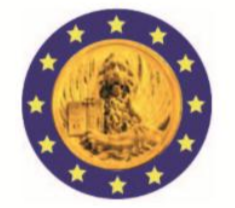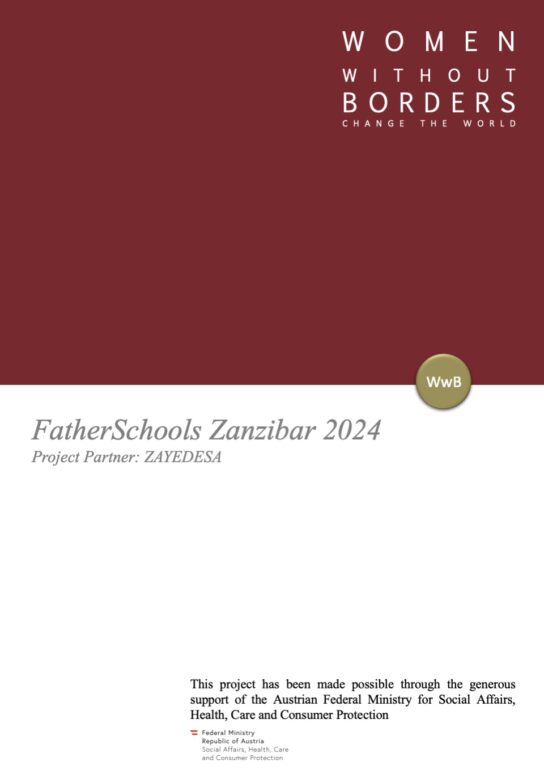Responding to the spread of radicalisation in South Asia, Women without Borders (WwB) recently implemented its seventh and eighth rounds of the ‘MotherSchools: Parenting for Peace’ Model across Bangladesh’s capital of Dhaka in 2024. One iteration was under the umbrella of a multi-country project funded by the L’Oréal Fund for Women, while the other was part of the multi-country project funded by the U.S. Department of State. These MotherSchools rounds built on six previous successful rollouts in Bangladesh, as well as programmes implemented in seventeen other countries to date. WwB’s growing Parenting for Peace movement builds resilience in homes and regions that are vulnerable to violent extremism and heightens global awareness of mothers as changemakers and agents of prevention.
Although Bangladesh has tended to be less impacted by violent extremism than other countries in the region, Dhaka’s 2016 Holey Artisan Bakery terrorist attack, the deadliest in the city’s history, alerted the country to a troubling rise in radicalisation. The Bangladeshi government and law enforcement have since introduced various counter-terrorism and P/CVE programmes, but the threat has endured, with youth recruitment constituting a particular concern. Having lost its territory in the Middle East, ISIS fundamentalists increasingly have shifted their focus to new regions, including South Asia. In Dhaka, extremist groups like JMB and ABT have forged partnerships or even merged with international terrorist networks such as ISIS and Al-Qaeda. These developments pose a serious security threat to the capital, which, as one of the most densely populated cities in the world, offers recruiters an ideal breeding ground for radicalisation. Furthermore, Dhaka’s exponential growth brings about deep-seated economic, infrastructural, and political issues. Resulting grievances have created social and security vacuums in communities within Dhaka, paving the way for extremists to prey on vulnerable individuals.
Against this background of heightened concerns over radicalisation across Dhaka, Women without Borders (WwB) in 2018 brought its global Parenting for Peace programme to Dhaka in cooperation with its local implementing partner Manusher Jonno Foundation (MJF). Together with MJF, WwB has since completed eight successful rounds of the MotherSchools in Bangladesh and will soon be continuing its engagement in the region with upcoming projects. The following sections outline the details and impacts of the different programmes WwB has implemented in Bangladesh, as well as provide key points of the various projects.
To date, WwB has hosted seven Graduation ceremonies in Bangladesh. Prominent speakers have included: Dr. Teresa Indjein (Director General for International Cultural Affairs, Austrian Federal Ministry for European and International Affairs), Ms. Roksana (Assistant Commissioner, Bangladesh Police), Ms. Rokeya Parachi (actress, script-writer, television director), Aroma Dutta (Member of Parliament, People’s Republic of Bangladesh), Maxwell Martin (Political Officer, U.S. Embassy in Bangladesh), Sherin Ahmed (Member of Parliament, People’s Republic of Bangladesh), and Mrs. Selina Hossain (writer and columnist).
MotherSchools Bangladesh VII-VIII | 2023-2024
Following on from the successful first project, a second multi-country project will be supported by the L’Oréal Fund for Women between 2023-2027. In addition to rollouts in India, Kosovo, North Macedonia and Zanzibar, it saw one round of MotherSchools implementation in Bangladesh in 2024, with five groups convening across 5 wards in Dhaka.
In parallel, the project funded by the U.S. Department of State continued in 2024 with another five groups as part of a second round within the project.
Interest in the MotherSchools programme continues to flourish in Bangladesh. The increasing number of mothers graduating from the MotherSchools reflects a growing awareness of the threat of violent extremism, as well as of the important role mothers have in addressing radicalisation.
MotherSchools Bangladesh III-VI | 2021-2023
WwB returned to Bangladesh in 2021 as part of a three-year, multi-country project funded by the L’Oréal Fund for Women. This project saw three rounds of MotherSchools in Bangladesh between 2021 and 2023 across Dhaka North and Dhaka South. Additionally, in 2022, WwB expanded engagement in Bangladesh via another multi-country project funded by the U.S. Department of State. The project funded by the US Department of State also includes WwB MotherSchools roll-outs in Indonesia and North Macedonia, while the project funded by The L’Oréal Fund for Women includes roll-outs in India, Kosovo, and Zanzibar.
MotherSchools Bangladesh I & II | 2018 and 2019
During the initial 2018 and 2019 programmes, which were funded by the U.S. Department of State and the U.S. Agency for International Development, WwB implemented its MotherSchools model in six districts across Dhaka North and Dhaka South, training a pool of local professionals as MotherSchools Teachers and Notetakers. Mothers who were concerned that their community environment could make their children susceptible to radicalisation graduated from the programme after at least forty hours of training each. The Curriculum, which employed developmental psychology, self-confidence training, and theoretical sessions, guided the mothers in developing their competence and confidence at the individual, family, and community levels. Evidence of this progress was supported by findings from a qualitative data analysis of semi-structured Entry and Exit Interviews conducted before and after the programme.



